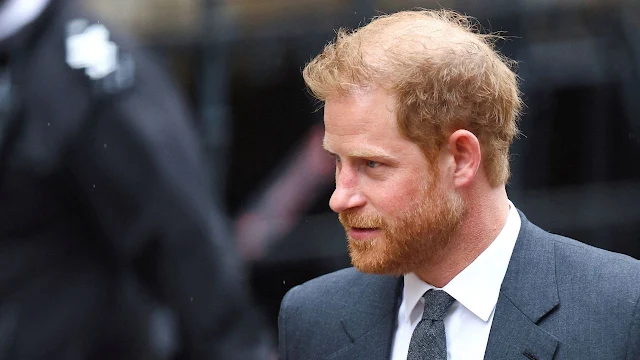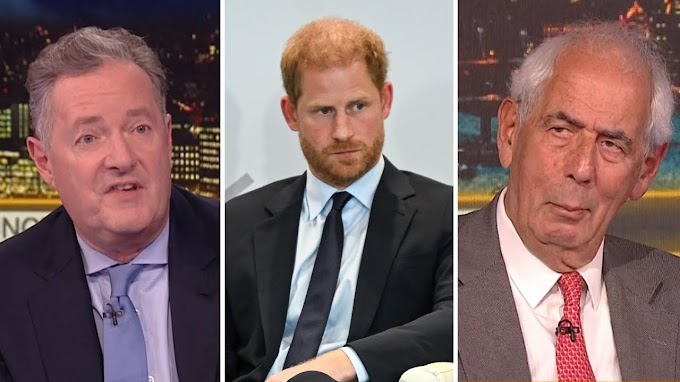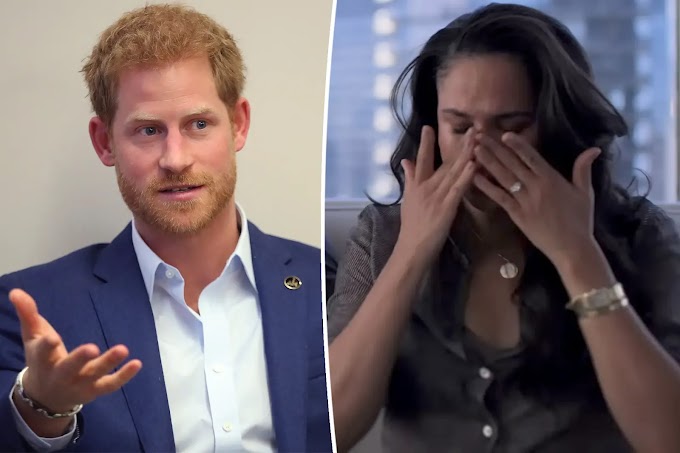The DHS has rejected a request from the conservative Heritage Foundation to expedite a Freedom of Information Act (FOIA) request for the release of the immigration records of Prince Harry.
DHS senior director Jimmy Woffery stated in a letter that no public interest in disclosure was found to override the subject's privacy interest, despite the existence of the requested records.
The Heritage Foundation argued that Prince Harry's past admissions of drug use, such as in his memoir, make him ineligible for a U.S. visa. The DHS notified the think tank one week after being ordered by D.C. federal court judge Carl Nichols to respond to the request.
Heritage lawyer Samuel Dewey criticized the DHS's lack of transparency under the Biden Administration, stating that their efforts to impede the Heritage Foundation's FOIA requests are unacceptable. He pledged to contest their position and fight for transparency and accountability in federal court.
The director of The Heritage Foundation's oversight project, Mike Cowell, submitted the FOIA request on March 8th, seeking records from DHS, Customs and Border Protection, U.S. Citizenship and Immigration Services, and the Office of Biometric Identity Management. Only the DHS had yet to respond, as the other three agencies rejected the request. The Heritage Foundation's request for a preliminary injunction was withdrawn on June 14th following the DHS's reply.
The DHS invoked FOIA exemptions, specifically B6 and B7C, which exempt the release of personnel or medical files that could invade personal privacy and law enforcement records. They asserted that the subject's privacy interests outweighed any minimal public interest in disclosure.
Judge Nichols will determine how to proceed with the case. During the recent hearing, the DHS argued against granting an injunction to force them to respond, claiming that the Heritage Foundation had not demonstrated irreparable harm if the information was not shared. The government's attorney, John Bardo, stated that the timing of the response would not make a difference, even if it came a year later. The Heritage Foundation contended that interest in Prince Harry's immigration status would increase over time.
The hearing also focused on media attention surrounding Harry and his alleged drug use. Some legal experts suggested that this could impact his ability to enter the U.S. The Heritage Foundation raised concerns about possible favoritism by the federal government and questioned if the authorities had overlooked Harry's actions, leading to the visa application rejection. They argued that the public should have access to Harry's immigration records to verify the truthfulness of his answers.
Bardo argued that mainstream U.S. media coverage was necessary for an expedited request, mentioning outlets like the New York Times, Washington Post, The Wall Street Journal, and TV networks. However, Heritage lawyer Samuel Dewey disputed the requirement for specific outlets, emphasizing that defining "mainstream" was subjective and calling it an alarming statement for press freedom and transparency.






